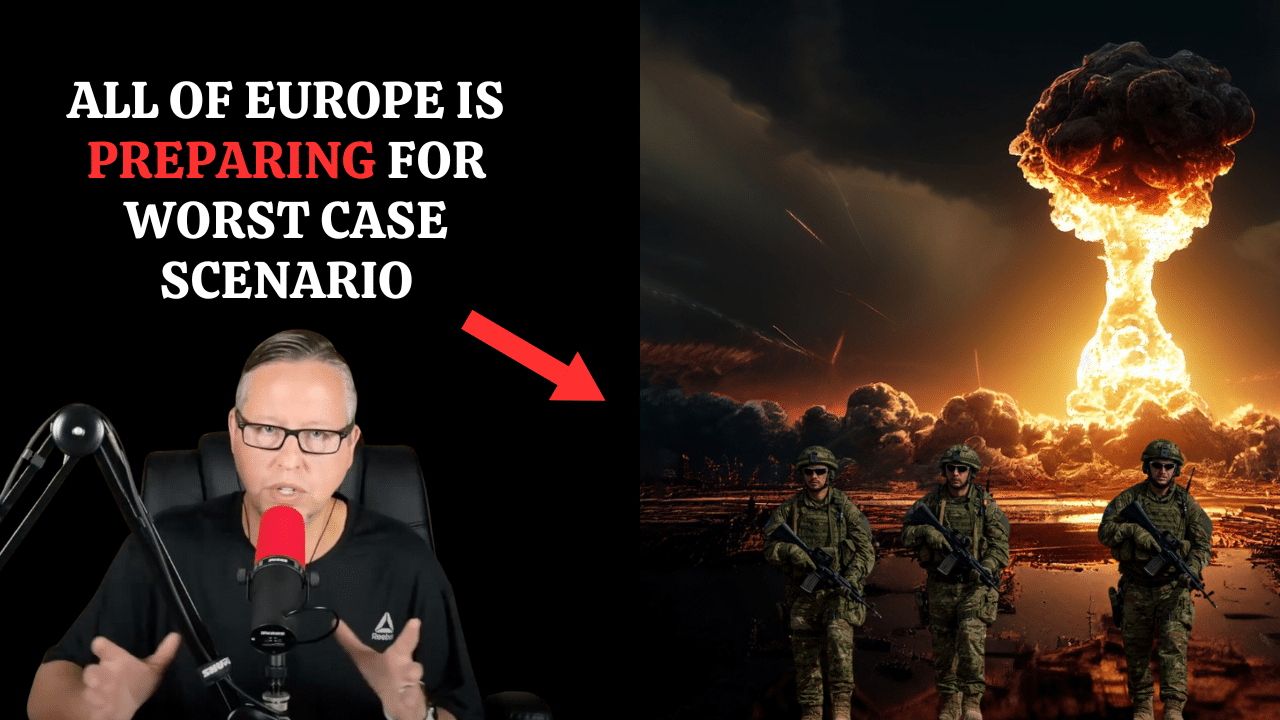Last weekend, Xi met US President Joe Biden at the 31st APEC Economic Leaders’ Meeting in Lima, Peru. He told Washington not to cross “four red lines” — which analysts say is a clear message for the incoming Trump administration.
The four hot-button issues are Taiwan, democracy and human rights, China’s path and system, and the country’s rights to development.
“These are the most important guardrails and safety nets for China-US relations,” Xi said, according to a readout from the Chinese foreign ministry.
Igor Khrestin, a managing director of global policy at the George W. Bush Institute, a think tank, said Xi’s explicit message is notable because it appears to be the first time these “red lines” have been issued at the presidential level.
“This is an attempt to ‘set the floor’ for US-China relations, in light of the uncertainly surrounding the second Trump Administration,” Khrestin told Business Insider.
To be sure, it’s not the first time Beijing has mentioned “red lines” in diplomatic settings, and the four no-go zones are consistent with China’s position on the issues. Its foreign minister, Wang Yi, has warned against crossing Beijing’s “red lines” in the past.
The remarks show Beijing is paying close attention to the nomination of China hawks in Donald Trump’s administration, including Florida Sen. Marco Rubio — who has been sanctioned by Beijing — to the position of secretary of state.
Xi’s language raised some eyebrows, with analysts calling it “harsh” and deeming China’s foreign-ministry readout “strikingly negative” in some sections.
In an article published Tuesday by the Lowy Institute, a think tank, Jersey Lee, an international affairs analyst, said Xi’s remark that “if U.S. side always says one thing but does another, it will be detrimental to its own image, and undermine trust between China and the United States” was “surprisingly frank.”
Of the four “red lines,” Taiwan is the most sensitive issue between the two countries, as Xi has repeatedly said over the years.
Beijing claims Taiwan as its territory and has said recently that it’ll never commit to renouncing the use of force over the island. The area is strategically important to the US as a leader in semiconductor production and as a key security hub.
The sensitivity over Taiwan is even more apparent because last weekend may have also the first time that Xi called Taiwanese President Lai Ching-te of the Democratic Progressive Party — whom Beijing branded as a separatist — by his name. Chinese leaders rarely mention Taiwanese leaders by name in public.
“If the US side cares about maintaining peace across the Taiwan Strait, it is crucial that it sees clearly the true nature of Lai Ching-te and the DPP authorities in seeking ‘Taiwan independence,’ handles the Taiwan question with extra prudence, unequivocally opposes ‘Taiwan independence,’ and supports China’s peaceful reunification,” the Chinese ministry readout said.








